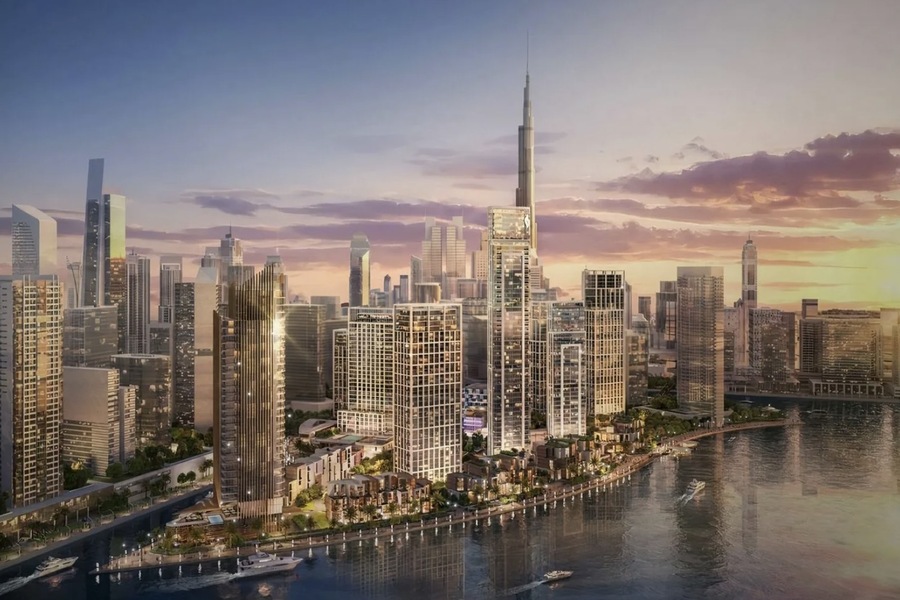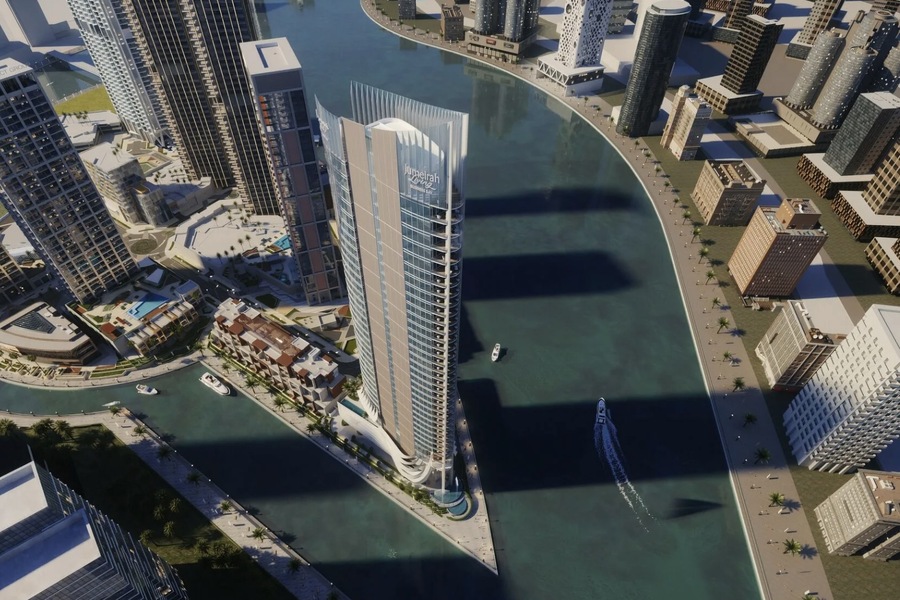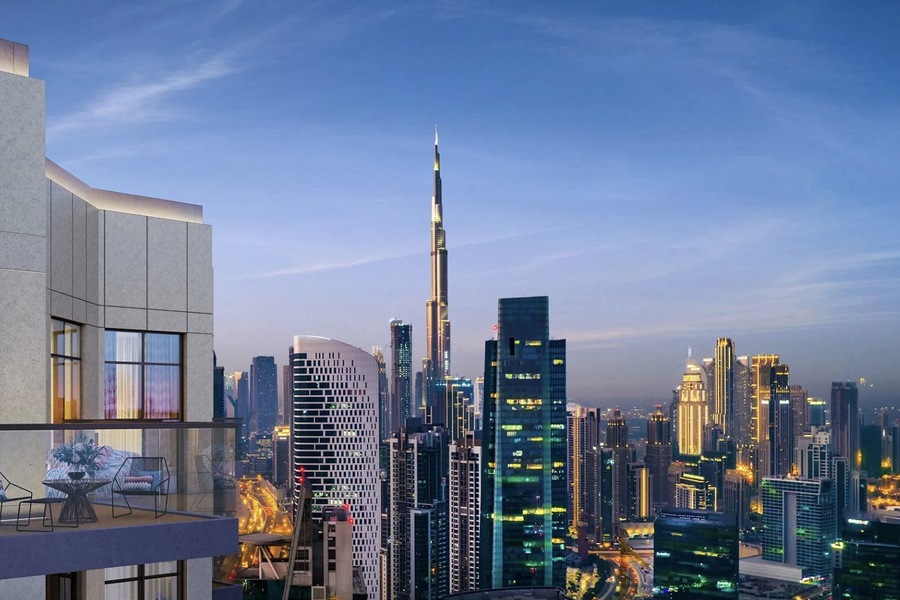Dubai’s Business Bay has emerged as a dynamic hub for corporate and entrepreneurial activity, significantly influencing the local and regional economy. Its strategic location, combined with favorable business regulations, attracts mainland companies across diverse industries, from real estate to financial services. This article explores how mainland company formation within Business Bay impacts economic growth, employment, and competitiveness in Dubai, solidifying the district’s importance to the UAE’s economy.
Business Bay’s Role in Dubai’s Economic Framework
Business Bay is an integral part of Dubai’s diversified economy, aligned with government initiatives such as the Dubai Economic Agenda (D33), which aims to double the size of Dubai’s economy by 2033. Mainland companies in Business Bay benefit from seamless access to regional markets, contributing to Dubai’s position as a global business hub. This aligns with the UAE’s focus on expanding non-oil sectors to reduce dependency on hydrocarbons and attract foreign direct investment (FDI) through favorable economic policies.
Contribution to Employment and Talent Attraction
The growth of mainland businesses in Business Bay has positively impacted job creation across several sectors, including finance, retail, real estate, and consulting. As of 2023, SMEs and startups—many operating under mainland licenses—account for over 90% of businesses in Dubai, supporting thousands of jobs. Mainland companies in this area can hire both local and expatriate talent without restrictions, fostering an inclusive workforce and enhancing Dubai’s reputation as a preferred destination for professionals from across the globe.

Impact on Commercial Real Estate
Business Bay’s rapid development has driven demand for commercial real estate, positioning it as one of Dubai’s premier business districts. Mainland companies require office spaces in strategic locations to facilitate client access and collaboration, leading to an increase in occupancy rates for premium office buildings. This demand has also stimulated infrastructure investments, including transportation and hospitality services, further boosting the district’s attractiveness for investors and businesses.
Economic Diversification and Business Innovation
The proliferation of mainland companies within Business Bay plays a critical role in supporting Dubai’s diversification strategy. Businesses operating under mainland licenses have the flexibility to explore diverse industries, ranging from technology and healthcare to logistics and consulting. Additionally, many of these companies participate in innovation initiatives, including digital transformation and fintech solutions, contributing to Dubai’s goal of becoming a global innovation hub by 2030.
Regulatory Incentives and Competitive Advantages
Dubai’s regulatory framework for mainland businesses offers distinct advantages, such as access to government contracts and reduced restrictions on business activities. Companies formed under mainland structures also benefit from Dubai’s strategic infrastructure, such as its advanced logistics network and proximity to key transport hubs. SORP Group, for instance, offers advisory services to businesses seeking mainland company formation in Dubai, ensuring compliance with regulations and helping companies capitalize on growth opportunities.

Strengthening Regional Trade and Investment
Mainland companies in Business Bay contribute significantly to regional trade by facilitating partnerships and commercial activities across the Gulf Cooperation Council (GCC) countries. These companies benefit from Dubai’s tax incentives, strategic location, and robust financial infrastructure, making it a gateway for trade between the Middle East, Asia, and Europe. In 2022, Dubai’s GDP grew by 4.6%, driven by increased trade and the expansion of the non-oil economy, with Business Bay being a focal point of this growth.
Future Prospects and Challenges
As mainland companies continue to flourish in Business Bay, the district faces the challenge of balancing rapid development with sustainability goals. Dubai’s emphasis on sustainable urban development under the 2040 Urban Master Plan will influence future infrastructure investments and business operations in the area. Additionally, companies must navigate regulatory updates, such as the introduction of corporate tax policies in the UAE, which will require strategic adjustments to remain competitive.
Conclusion
The growth of mainland company formation in Dubai’s Business Bay district is a key driver of economic expansion and diversification. By fostering employment, attracting investments, and contributing to commercial real estate development, these businesses enhance Dubai’s global competitiveness. As the district evolves in alignment with government initiatives like the D33 agenda, Business Bay will continue to play a crucial role in shaping the future of Dubai’s economy. With a blend of strategic planning, innovation, and regulatory incentives, mainland businesses in this district are well-positioned to capitalize on emerging opportunities and drive sustainable growth across the UAE.

I am an accomplished coder and programmer, and I enjoy using my skills to contribute to the exciting technological advances that happen every day at Oswald Tech.
